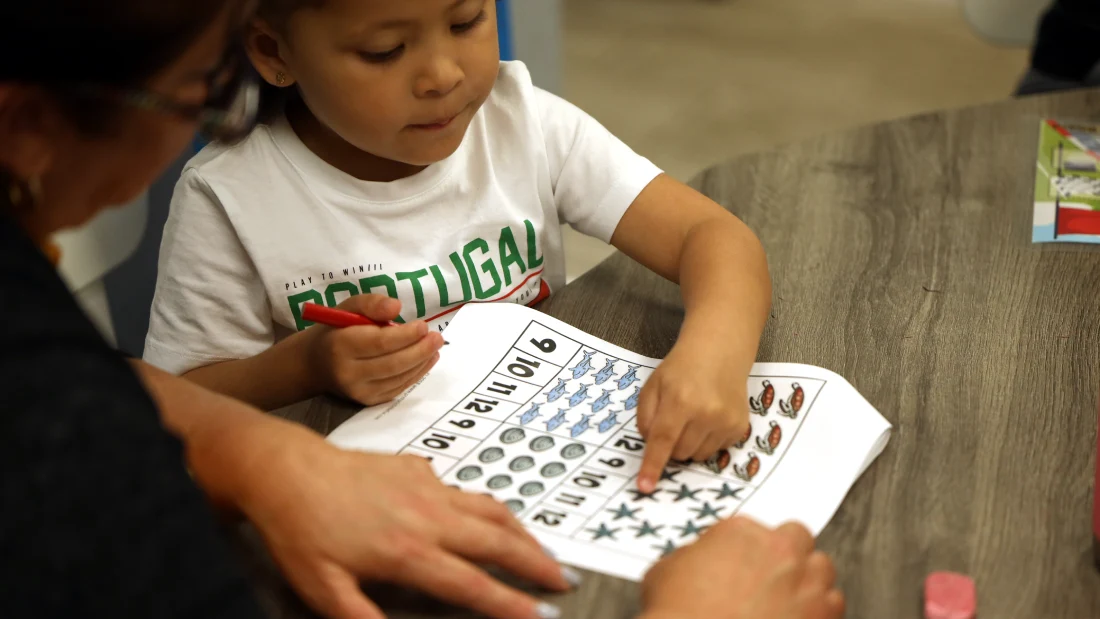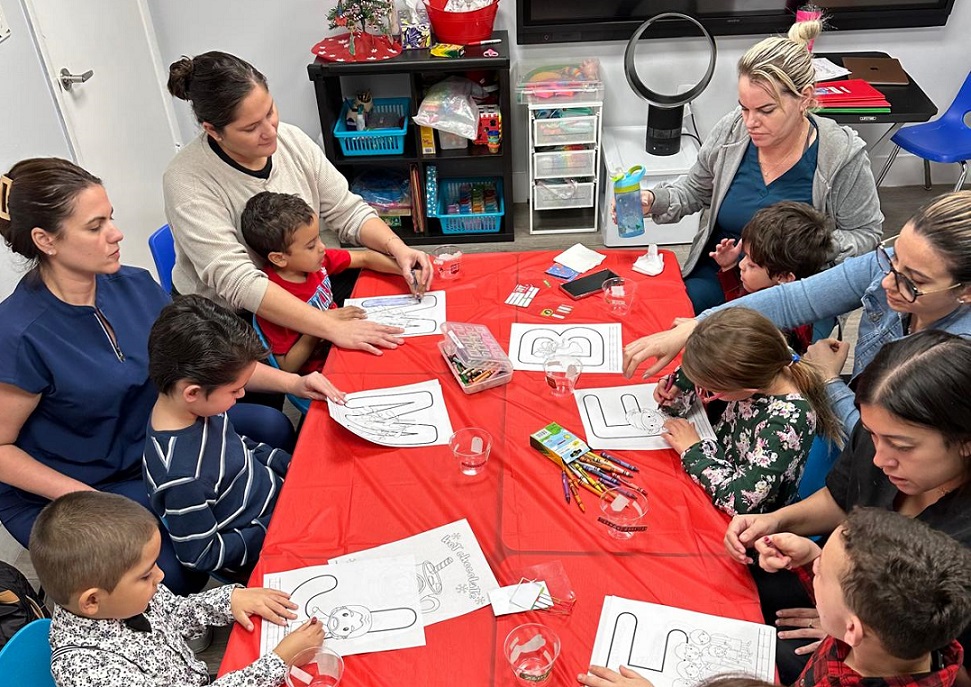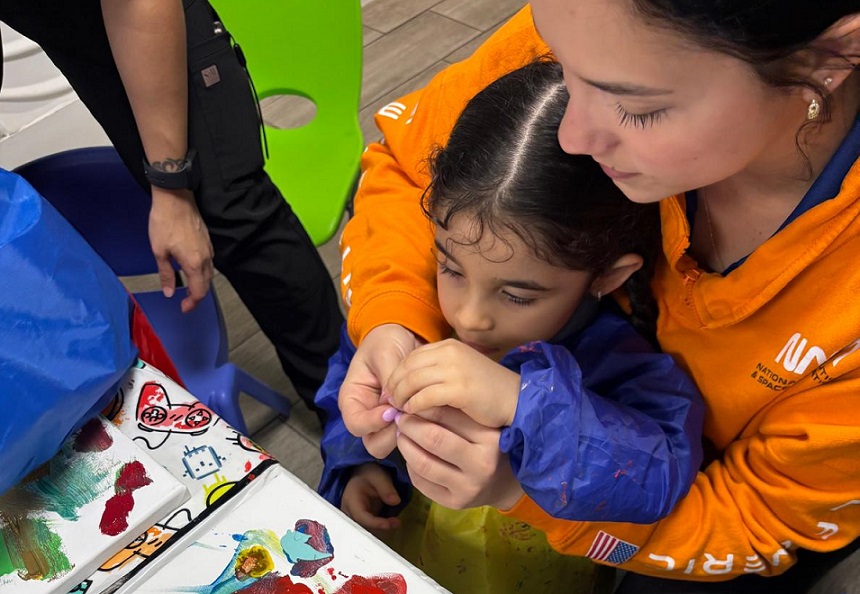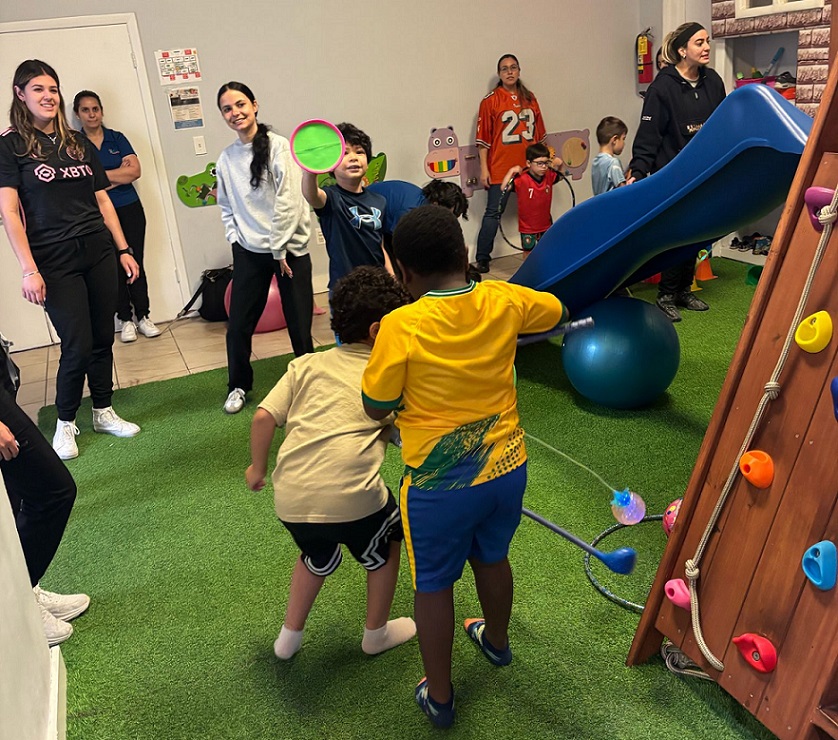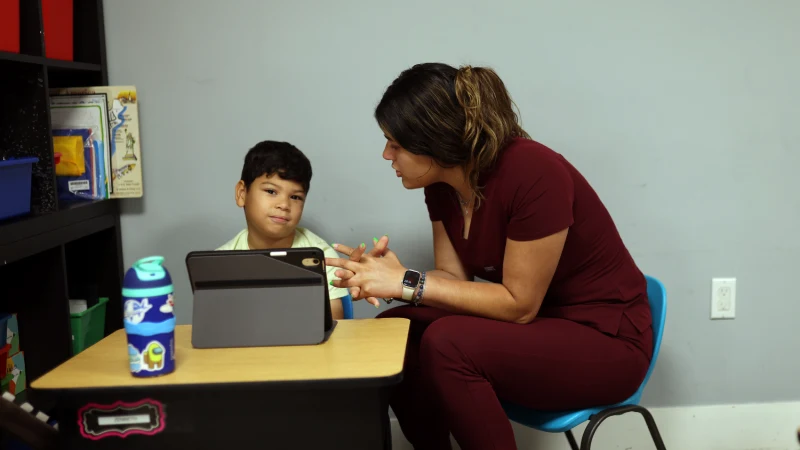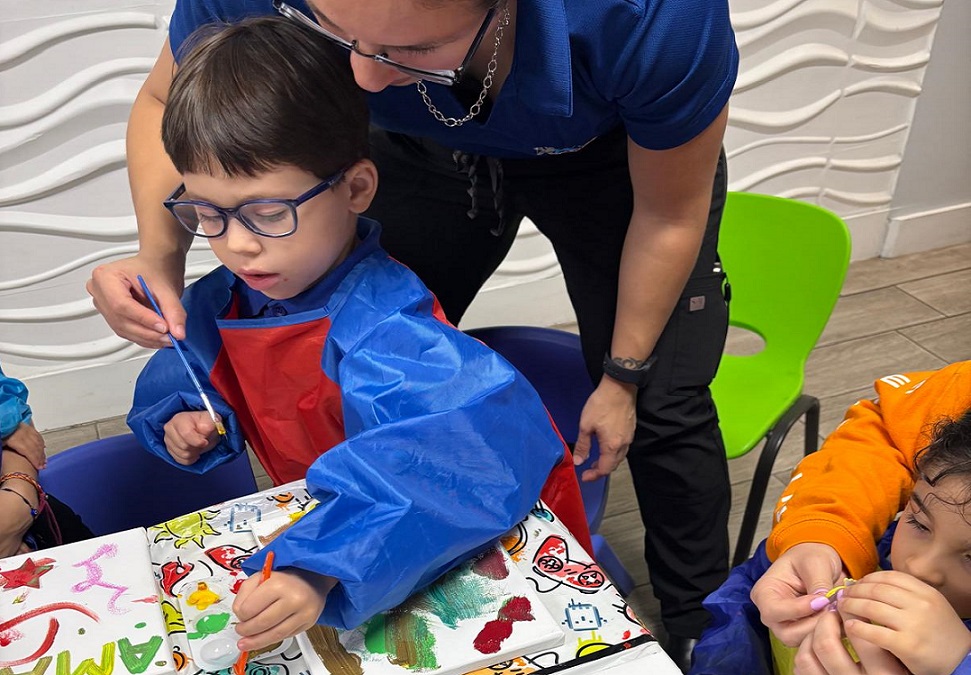Diego is a 38-year-old man. A 38-year-old man who has a romantic partner. A 38-year-old man who has a partner, works as an IT specialist, and drives his car to work. Diego has also written a book. Just one small detail is missing: Diego is autistic.
In a world where the diagnosis of autism in adults has increased by more than 400%, the abilities of people with autism are often underestimated. However, stories also emerge that challenge stereotypes and celebrate diversity. Of course, they not only highlight individual achievements but also demonstrate how perseverance and the right support can open doors to a better future.
Life stories like Diego’s, of traits and challenges of autism in adulthood, may help you answer those questions that are swirling in your mind today: What will my autistic child be like as an adult? Will society accept him? Will he accept himself? Will he be happy? This captivating real-life account may provide some of the answers you so desperately need.
What are the traits of autism in adulthood?
For specialists, autism in adults is a neurodevelopmental condition that involves a different pattern of brain functioning. Additionally, although the main features and traits of autism in adults are primarily presented in men, evidence suggests that many autistic women may have gone undiagnosed.
However, for Diego, autism is much more than that:
“For me, autism is another way of functioning. There are many ways to function. I work designing apps, and for example, you can have the same application running on different operating systems, and it will behave differently on each one. Each person has their own operating system.
Autism is also like a different operating system. Look, I can focus a lot on detail, but I struggle more with the general, the social. And it’s not that we are isolated, as many think; we are simply very connected to very specific aspects of reality.
Yes, every autistic person is different; that’s the key to understanding us.”
How is autism detected in adulthood?
It is known that autism in adults is detected through an evaluation conducted by a team of mental health professionals, such as psychiatrists or psychologists. We also know that the symptoms of autism in adults are based on difficulties with communication, social interaction, and adapting to changes in the environment.
Evidently, if ASD is not diagnosed at an early age, it can present itself in very diverse ways, such as sleep problems, eating disorders, or intellectual disabilities.
However, Diego’s experience is quite particular.
“Since I was 5 years old, I felt that I functioned differently. However, I didn’t have a word to describe how I felt. They told me I was slow, that I was always in another world, but it was just that others couldn’t see my way of functioning.
It was only after I turned 30 that I found some literature to help with my issues remembering faces; and while seeking answers to this with different specialists, the moment of diagnosis came. It was quite difficult because before that, I had trouble recognizing the faces of my own family.”
How to assimilate autism in adulthood?
It is a fact that chronological age does not necessarily coincide with mental age in an autistic adult, so it is difficult to associate the concept of adulthood with a specific age period. Therefore, it is necessary to have a comprehensive approach from an early stage so that the transition to adulthood can happen later and allow the person to be as independent as possible.
“I took about 5 years to find a professional who could give me an accurate diagnosis; I believe that nowadays it would take me much less time. It wasn’t like that before, but now there is work being done with children, and that’s very important so they don’t go through the challenges that I might have faced.
What happens is that until very recently, at a scientific level, there weren’t even terms for this. Still, for me, it was great to know the truth. Additionally, at the specialized center where I was treated for the first time, they were accustomed to dealing with autism in adults, and they had great sensitivity. I was lucky in that regard.”
How does an autistic adult perceive the world?
One of the elements to consider in the adult autistic world is the heterogeneity present in the autism spectrum community. Therefore, it is necessary to focus on each individual to understand their strengths, weaknesses, and how they perceive the world around them in order to eventually develop an intervention plan that addresses their needs.
Of course, Diego also has his own perception of reality.
“For example, regarding faces, I would get anxious thinking about how others recognized their loved ones. Many times I had to pretend that I recognized someone to try to fit in. Evidently, at some point, I realized that something was happening to me or that I wasn’t doing something right.
I also have strong sensory hypersensitivity to sounds and smells, which socially worked against me because cognitively I am very similar to a person with non-verbal autism. Fortunately, the answers came little by little.”
What difficulties does an autistic adult encounter in daily life?
While it’s true that each case of autism is unique, it is also true that the greatest challenges are associated with social interaction and difficulties in following behavioral patterns. That is why important research is currently being conducted on the implications of autism in childhood, and health professionals are increasingly knowledgeable about a topic that, years ago, was almost a mystery.
“One thing that characterizes my degree of autism is the sensory aspect. For example, I might want to buy a loaf of bread and find it very difficult. Why? Because in supermarkets there is sometimes music that overwhelms me. So I have to put on my noise-canceling headphones, but that often makes people look at you strangely.
Now, imagine if I don’t wear the headphones just to fit in. Then there are still the smells of food. So when it’s time to pay, it becomes very complicated because I could be feeling sensory overload. So it takes me twice as long to buy my loaf of bread. Not to mention how impatient people can get because they don’t know what’s happening with you.”
What role do family and environment play in the life of an autistic adult?
It is important to be aware that an adult with ASD will have economic, social, and emotional needs, just like anyone else their age. Therefore, their well-being and quality of life will largely depend on the interventions made at neurological, physiological, and psychological levels throughout their life cycle.
But obviously, it will also depend on the support they receive, especially from their family.
“In my life, and in the life of any person with autism, family support is crucial. Obviously, if from a young age you exhibit behaviors that people see as outside the norm, your family will worry or even think that you don’t do better because you don’t want to.
However, the problem isn’t behavioral. The issue is that we perceive reality differently. So you will act differently too. Of course, over time I have managed to connect with other people with ASD who have lived similar experiences—excessive overprotection or the ‘they’ll learn when they grow up’ mentality.”
“Well, it’s not exactly like that; for some things that may seem very simple, we will always need help.”
Does an autistic adult have the same social opportunities as another person?
We already know that autism accompanies a person throughout their life and will be present when they become adults. Therefore, although it doesn’t disappear, some aspects can be improved with appropriate therapies and treatments. It is necessary for respect for inclusion and social equity to allow any person with autism to access and participate in any activity or field, avoiding situations of discrimination.
“I can set up a server for a database right now, for example. However, I didn’t always have the opportunity to demonstrate it. For instance, some time ago, I applied for an analyst position at a company, but they required teamwork. I can work in a team, but they would need to make minimal adjustments.
They just need to clarify things for me and structure the work very well. If that’s the case, I can respond very well. The problem is that many times they are not willing to do that. I can be very good at some things, but if they don’t take you into account, it’s very difficult to succeed.
There isn’t a checkbox on a job application to mark if you are autistic… but well, at some point, opportunities do come, that’s for sure.”
What is the personal life of an autistic adult like?
There is a myth that people with autism enjoy being alone. Of course, it is clear that it doesn’t have to be that way. The truth is that many people have improved their quality of life by forging friendships and finding common points and interests with others. Thus, having emotional support is key for everyone, but especially for people with ASD.
“Honestly, I don’t know if I’m part of a minority, but I’ve had a romantic partner for years who is not autistic. It’s exciting for me because many times we are completely opposite. She can watch a movie and remember a specific character, something that is a whole discovery for me.
Ideally, it is to be able to understand and include all kinds of people with all kinds of abilities. Many autistic friends ask me about this, and I tell them what I think: I don’t believe it should be a goal in life to say that if I don’t have a partner, I’m nobody. Life is much more than that.”
Are there jobs for autistic adults? What is their work environment like?
Many times, the hiring process is the same for everyone and overlooks people who may have fewer social skills but could perform jobs where their performance would be just as adequate as that of someone with a traditional resume. However, many autistic individuals tend to have specific interests in which they tend to specialize, so this can be used to their advantage.
“I am a computer specialist at a company that is familiar with autism, even though I never graduated. Initially, I wanted to learn car mechanics, but no workshop wanted to hire me. Interestingly, since I drive, I decided to educate myself and change my car’s engine myself, with some help. Not only did I manage that, but I’ve almost completely rebuilt it.
However, I never found employment as a mechanic. Nonetheless, in my current job, clients are quite satisfied; sometimes they even can’t believe that I am autistic, even though it’s a fact that we have great concentration and performance abilities. But the truth is that it all happened because I was given an initial opportunity.”
What are the daily routines of an autistic adult like?
At this point, we should know that one characteristic of people with autism is that they tend to adhere to specific routines and rituals. Of course, these daily routines vary from individual to individual, depending on their personal characteristics. Thus, changes in routine can emotionally dysregulate them, and some may become anxious, irritable, or fearful.
“Yes, it is very important for me to have a well-defined routine in my daily life. Normally, the people with autism I know are reluctant, I don’t know if it’s a matter of self-esteem, to use visual tools. I am the complete opposite.
I use a lot of visual tools, I set my work and break schedules on my mobile phone, and I do this continuously throughout the day. I also take time to relax. I respect those guidelines to be able to perform well at work and in life in general; I never forget them, just as I never forget my bracelet that says I Have Autism.”
What are the interpersonal relationships of an autistic adult like?
It is very important for adults with ASD to gradually acquire some flexibility in their social routines, as this will help them relate to and coexist with all kinds of people. Obviously, this is fundamental because in academic or work environments, it is common for there to be changes in group formations and relationships.
“If you have never met an adult with autism, diagnosed by two or three specialists like me, then it’s great to do so and feel that this person is just like you. But many times life leads you to interact more with people who have a minimum level of sensitivity, even if they are not autistic.
Likewise, having autism does not make you a good or bad person. It is true that there are people with autism who have more developed social skills; that may be something to consider when understanding each other. Still, I feel comfortable among both autistic and non-autistic people because I learn a little from everyone.”
What does society need to know to raise awareness about autism?
Although autism is currently detected more in childhood, there are still many adults with autism who have not been diagnosed. Therefore, it is vital to raise awareness and seek ways to provide accurate diagnoses for these individuals.
To help adults with autism, it is necessary to offer personalized support, which can include educational, behavioral, and speech therapies. Equally important is helping them find employment and develop skills to be more independent.
“Sometimes society forgets that we are all part of society. I am also a person in this society. We need to talk more about neurodiversity, about people with ASD, ADHD, dyslexia, because it’s great that we all exist and have all kinds of abilities. That’s a luxury.
Why would we want all people to be exactly the same? We would be like robots, totally identical. But we are not the same, and I believe we should take advantage of that. We need to stop seeing different abilities as limitations because I also have limitations, but I don’t want that to be ignored.
Don’t ignore anything. Simply put, we all belong to this society and this world.”
Final Thoughts.
Although success stories like this are inspiring, the ideal situation is to address autism at an early age, thus ensuring proper growth and a happy childhood for autistic children. ABA Therapy programs, Early Intervention, and many other specialized treatments have proven effective in treating autism in childhood, fostering a richer and fuller life.
At Koala ABA & Learning Centers, we can help you; we want to help you. We have the willingness, the will, and the scientific resources necessary to do so. If you want to learn more stories, learn about autism, or need help, don’t hesitate to contact us: we are always here for you.

